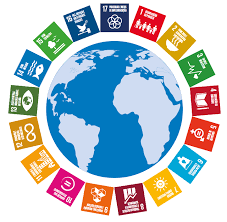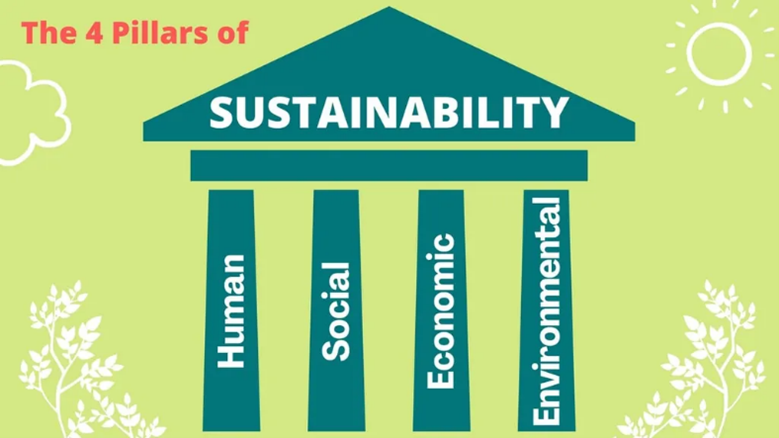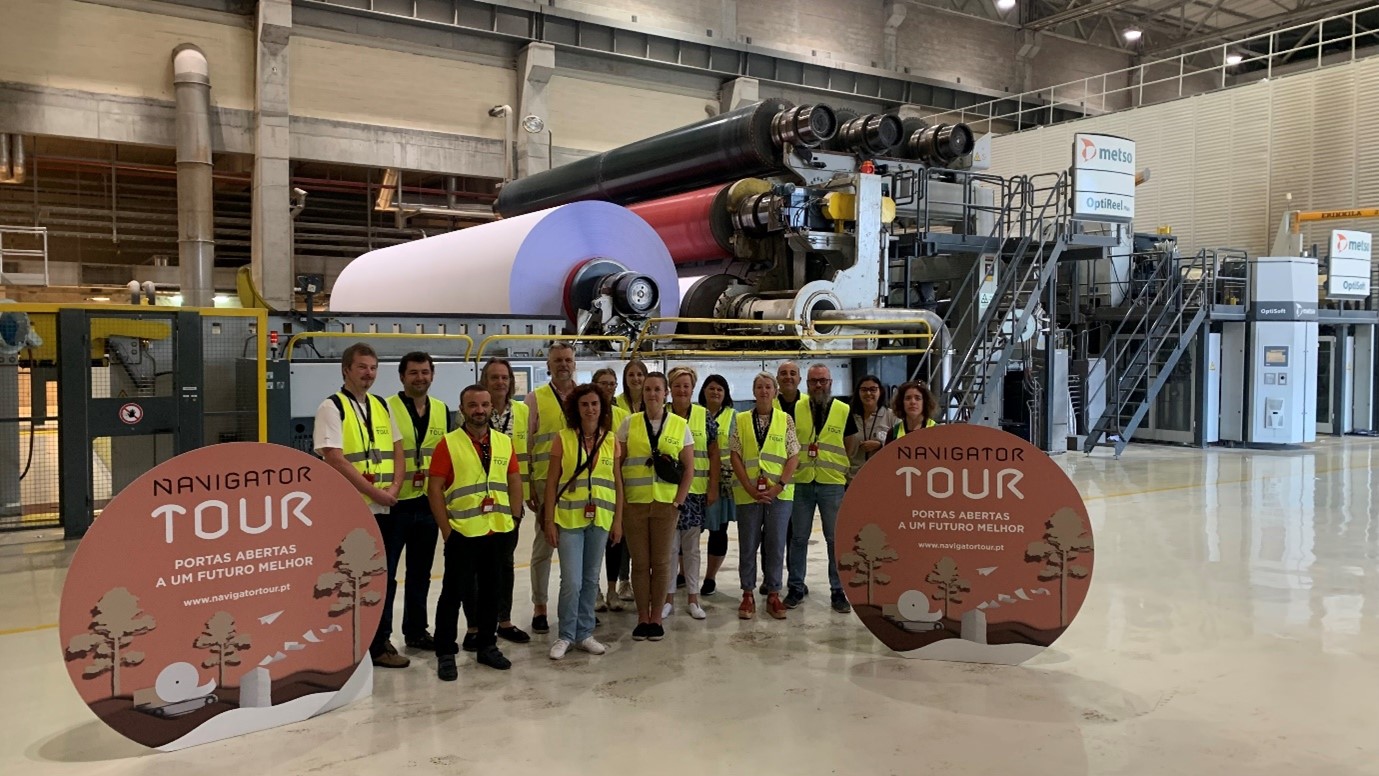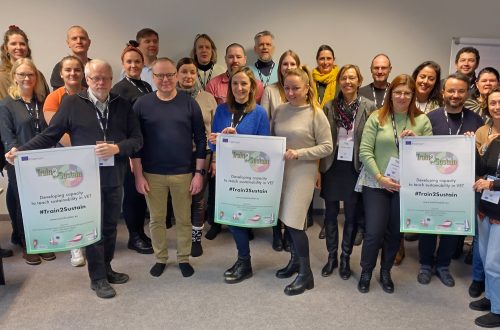
The importance of Education in Sustainable Development

These days we often hear about the state of the environment, in particular the global risks that are intensifying from day to day.
Extreme weather events, natural disasters, as well as man-made ones, are some catastrophic examples that have led to the loss of biodiversity, the collapse of the ecosystems, as well as the scarcity of natural resources that consequently jeopardize the planet’s sustainability.
As an answer to this emerging global issue, Sustainable Development arises, which is defined as a development model capable of meeting the needs of the current generation without compromising the ability of future generations to meet their own needs (Brundtland Report, 1987). A model that has as its essential objective the preservation of the environment, but also the promotion of social justice and a more sustained and inclusive economic growth, important factors that can contribute to the change of a more sustainable and fair society for all.
How can Education contribute to Sustainable Development?
Inclusive and equitable quality education can certainly play a fundamental role in achieving these goals, through change and transformation.
To achieve this change and transformation, it is essential to rethink how we reflect so that we can adequately make informed decisions and adopt responsible actions.
In this sense, it is important to awaken and raise awareness among school-age youth about the meaning of Sustainable Development, as well as the short and long-term consequences for humanity if nothing is done. At the same time, it will be equally important to develop in students a set of skills, which are divided into knowledge, skills and attitudes, that enable them as active, enlightened citizens and bearers of a critical conscience so that they participate in a more egalitarian and fair society for all.
When we talk about Education, we also refer to another pedagogical dimension, such as Lifelong Learning that covers all ages and materializes at any time in our life, not only in the sense of developing, but in the sense of improving and strengthening these same competencies, empowering everyone, without exception, to a society based on the knowledge necessary to promote sustainability. It is therefore up to educational policies to produce this knowledge, in order to make the contents of programs that are more relevant and appropriate to the learning objectives and practices of Education for Sustainable Development.
The United Nations Summit on Sustainable Development that took place on 25 September 2015, approved the 17 Sustainable Development Goals, which describe the main development challenges for humanity and which aim to ensure a sustainable, peaceful, prosperous and sustainable life. on Earth for all, now and in the future (Agenda 2030).
As a result, for the Education area, an orientation guide was created for Education professionals – Education for Sustainable Education Goals – Learning Goals (Education 2030) that offers guidelines and suggestions that can be selected and adapted to the learning contexts.
References
Education for Sustainable Development Goals: learning objectives (2017). ISBN: 978-85-7652-218-8. https://unesdoc.unesco.org/ark:/48223/pf0000252197
Guide on Sustainable Development. 17 Goals to transform our world (2018). https://unric.org/pt/wp-content/uploads/sites/9/2019/01/SDG_brochure_PT-web.pdf
The UN and the environment. United Nations – Brazil.
https://brasil.un.org/pt-br/91223-onu-e-o-meio-ambiente

Ana Medeiros has a master in educational management and administration and performs the role of pedagogical development and coordination at ATEC. Its main activities are: ensure the recruitment and selection of trainers and participate and implement measures and actions related to the development of the pedagogical area.
Ana Paula Medeiros ATEC – Academia de Formação ana.medeiros@atec.pt



